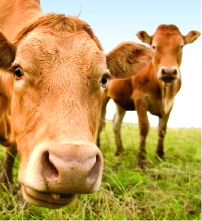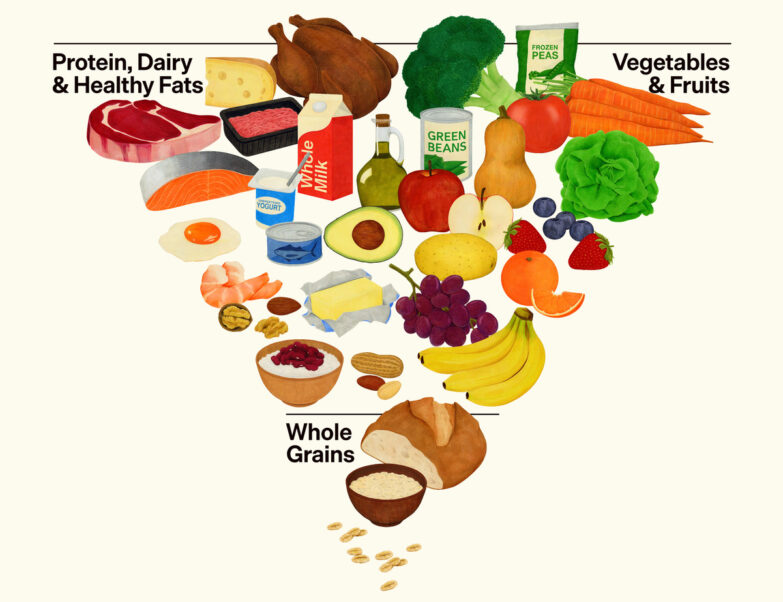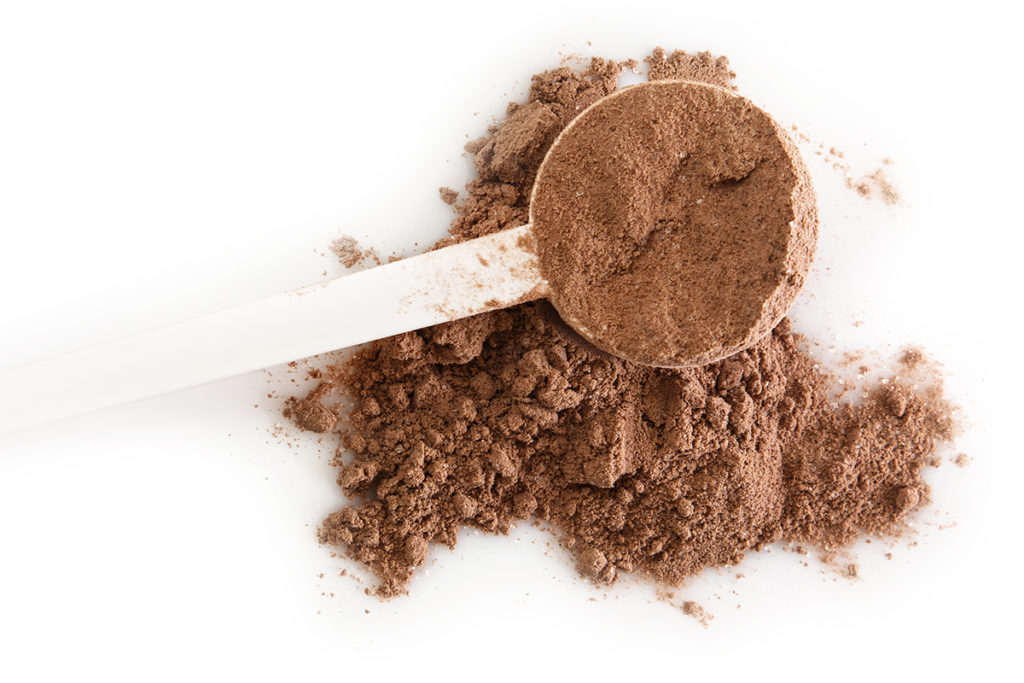FDA Rules on Cloned Animal Food

The FDA has ruled on the safety of introducing cloned animals into the nation’s food supply, marking the way for the United States to become the first country to allow products from cloned livestock to be sold in grocery stores. The ruling was part of three documents released by the agency in late December: a draft risk assessment,
a proposed risk management plan and a draft guidance for the food industry.
The draft risk assessment concluded that “meat and milk from clones of adult cattle, pigs and goats, and their offspring, are as safe to eat as food from conventionally bred animals,” according to a December 28, 2006, FDA press release. The proposed risk management plan addressed “the risks to animal health and potential remaining uncertainties associated with feed and food from animal clones and their offspring.” Finally, the draft guidance for industry concerned the “use of food and feed products derived from clones and their offspring.” In a rare move, the FDA has posted these documents in their entirety on the Internet, along with the raw scientific data the agency used to reach its decisions. The data can be downloaded or read at www.fda.gov/cvm/CloneRiskAssessment.htm.
Groups who oppose allowing cloned livestock into the nation’s food supply argue that the science behind the FDA’s decision is not valid, and they point to consumer surveys showing that most Americans frown on animal cloning in general. These
opponents say they plan to put pressure on Congress to reverse the FDA’s policy
before it becomes final.





